Integral IT solutions
based on sustainability
Letter from the founders
Our goal is to generate positive impact in the three aspects of sustainability (economic, social and environment).
We try to integrate sustainability into all strategic and tactical decision making in order to face the present global challenges which bring profitability and sustainability together.
The recent formation of our sustainability department and internal consultants committee in the company help us to make the best decisions.
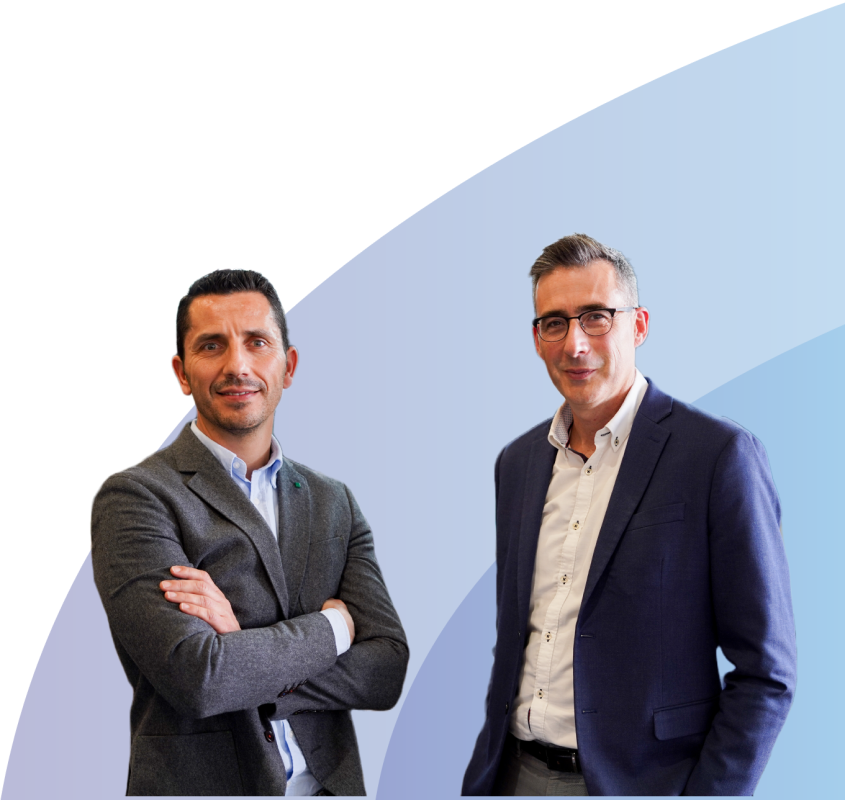
WE ARE CIRCULAR ECONOMY, WE ARE SUSTAINABLE TECHNOLOGY
The European Parliament defines the circular economy as:
A model of production and consumption, which involves sharing, leasing, reusing, repairing, refurbishing and recycling existing materials and products as long as possible to create added value. In this way, the life cycle of products is extended.
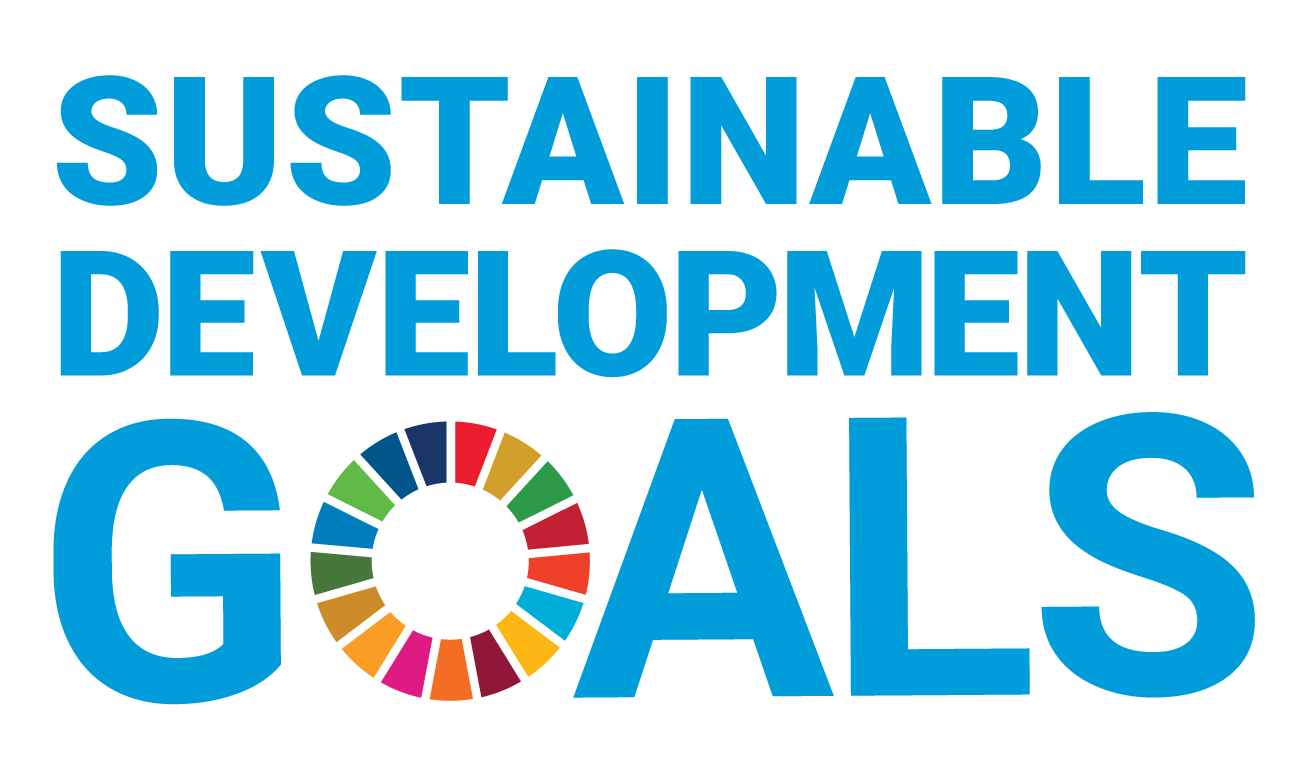
We have identified the main SDGs in which we make an impact with our activity, and we drafted a plan for extending our positive impact in all of them, and to reduce negative impacts. Furthermore, our objective is also to improve in the field of quality education and gender equality by means of our CSR actions.
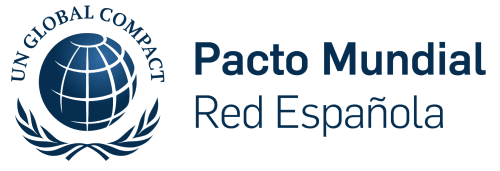
The UN Global Compact is the largest associated initiative of corporate sustainability in the world, which means it has a unique position for encouraging solutions that tackle global challenges.
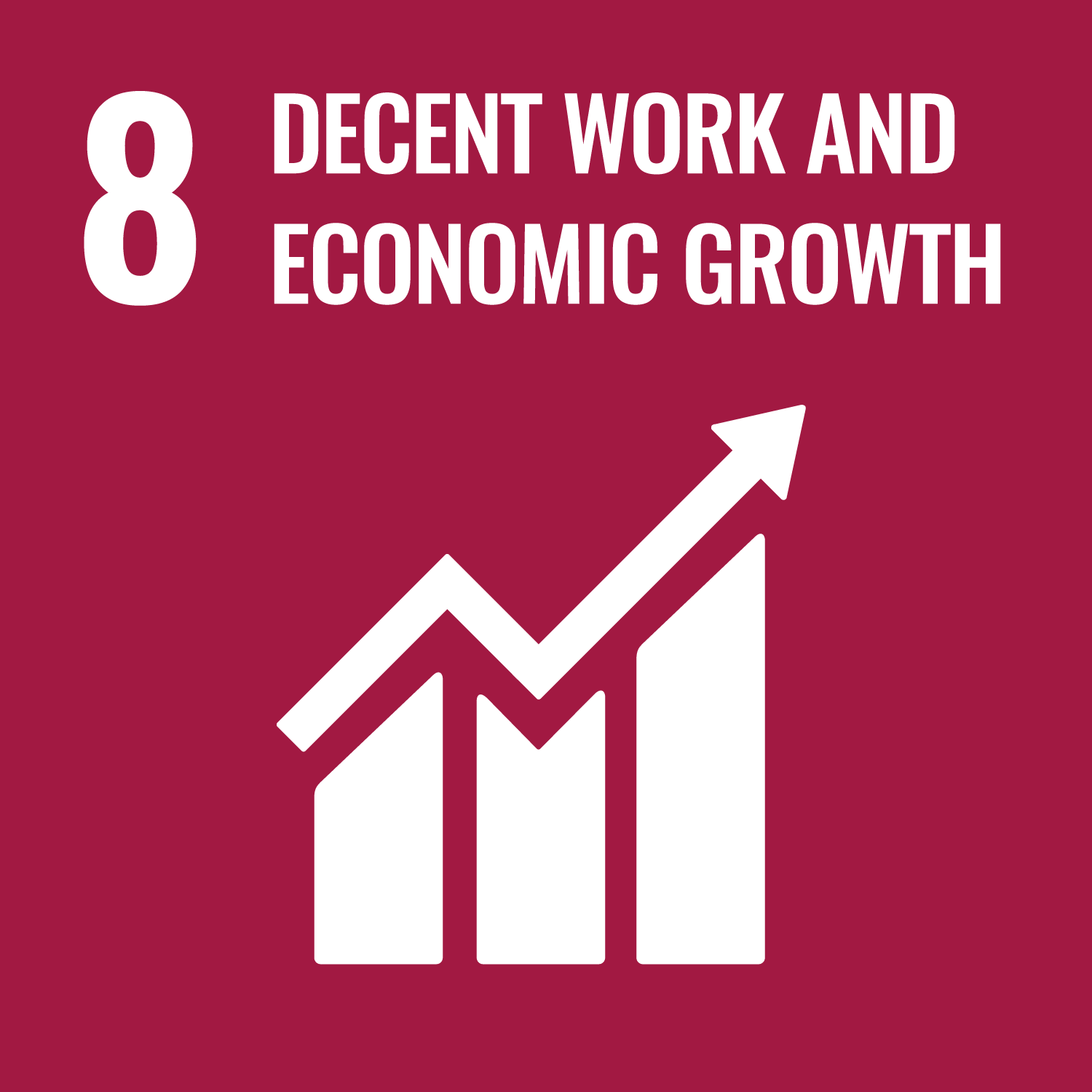
Decent work
Local economy
Economic destination
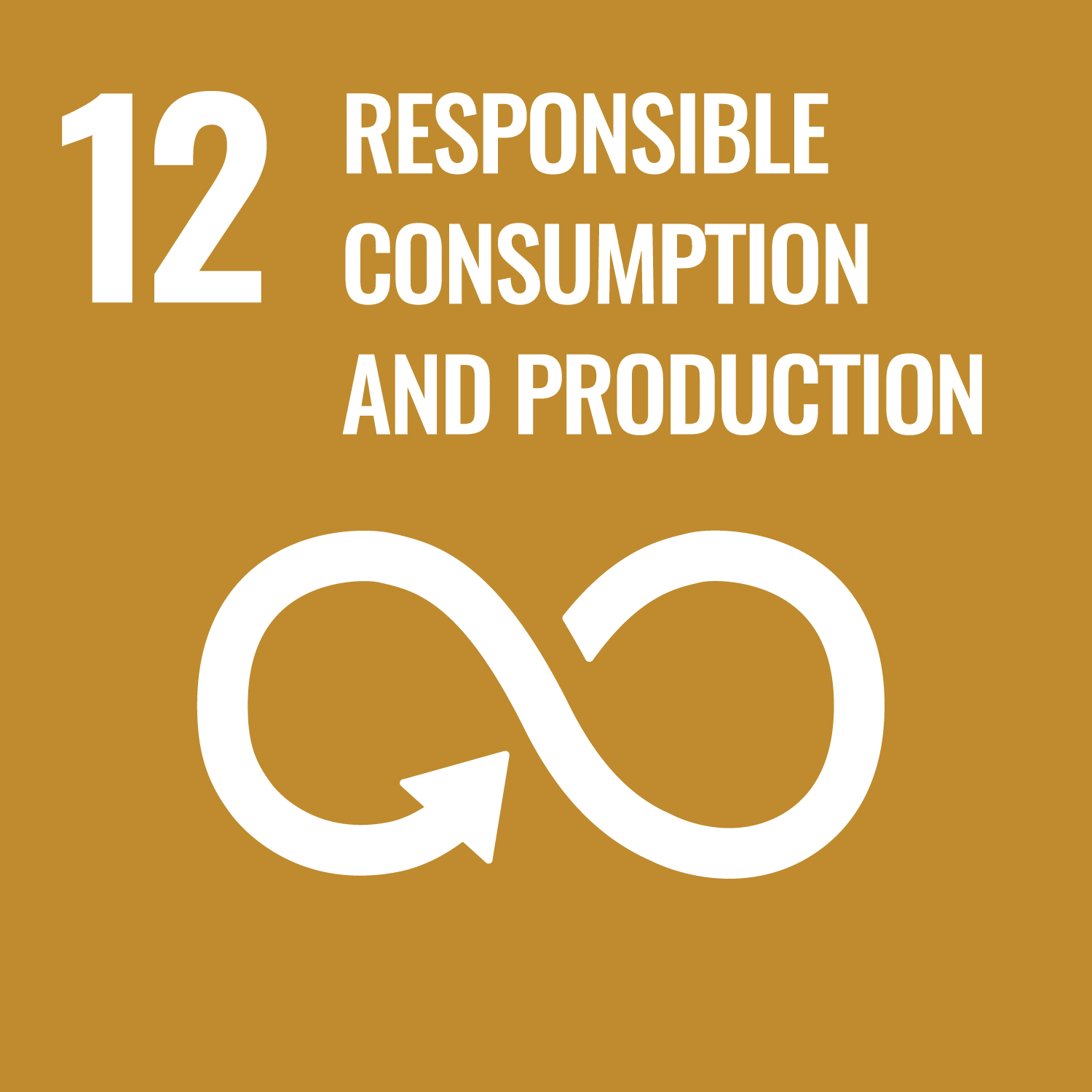
Adaptation needs
Make the most of equipment
Rethink
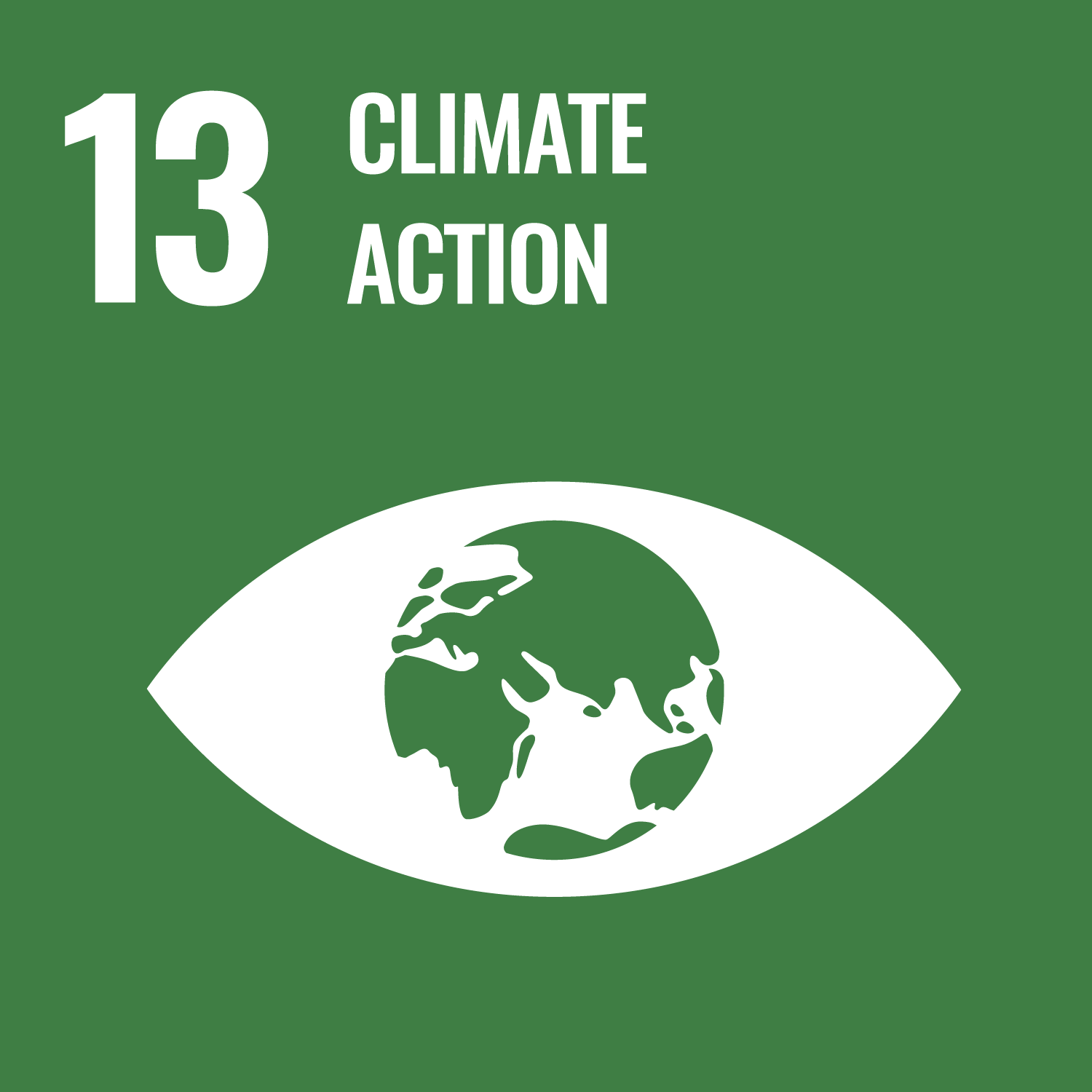
We prevent -75t /year of e-waste*
Preserve environments
Reduce emissions
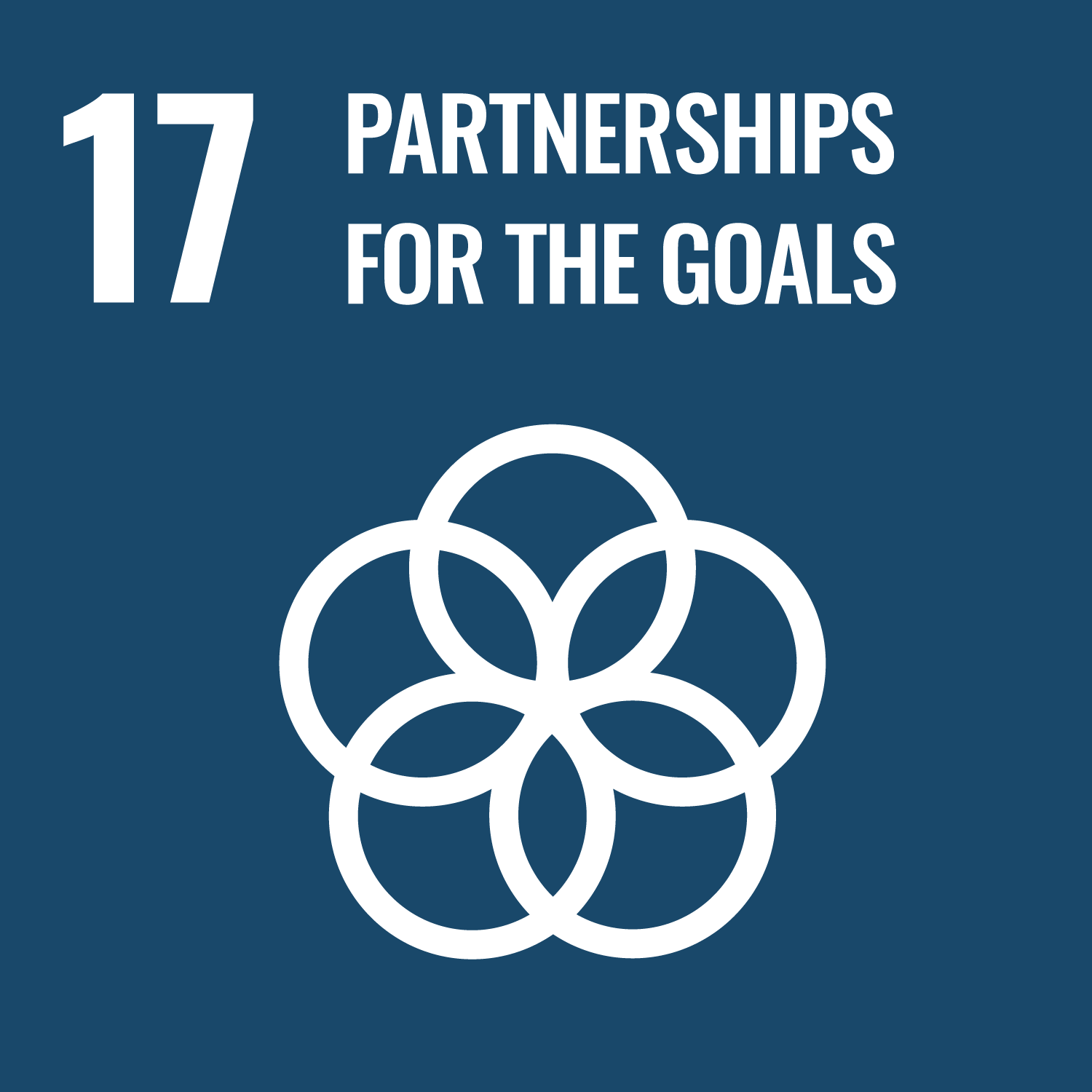
Alliances with public/private sector
CSR actions
Strategic partner
We extend our goals
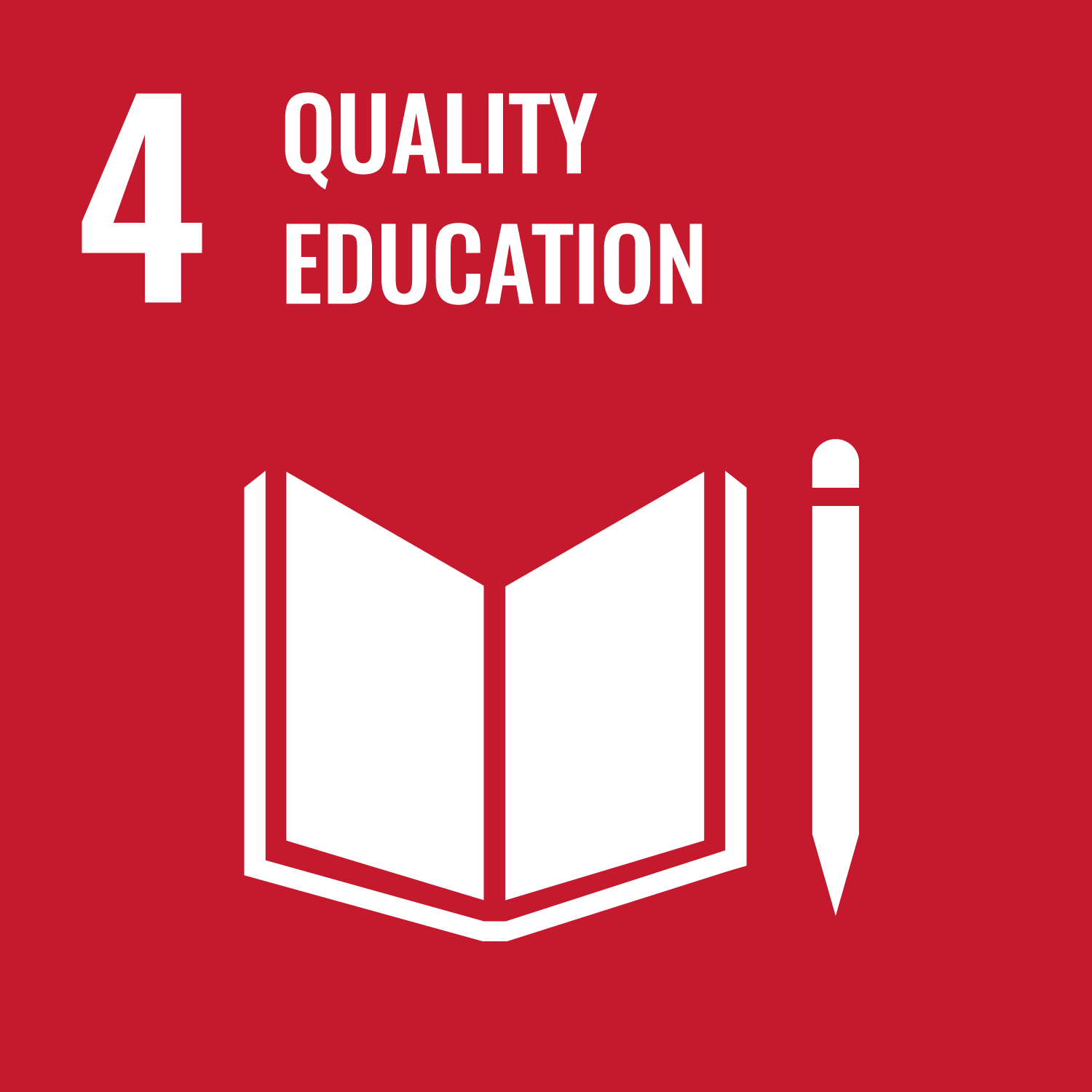
More quality technology
For more people
Better educational resources
Less digital divide
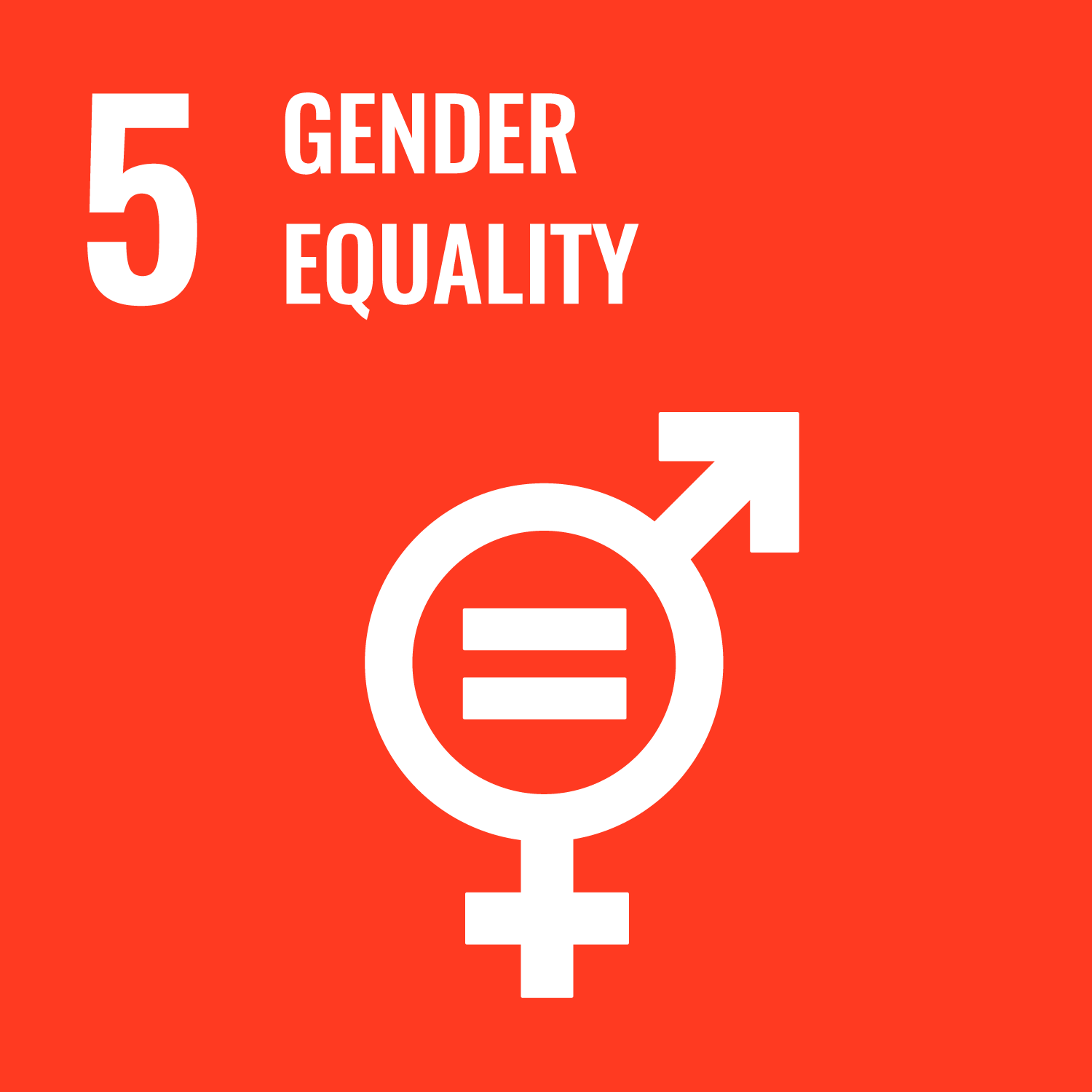
End inequality
Training for women
Leadership positions
STEM environment**
WE MAKE YOUR BUSINESS MORE SUSTAINABLE
Our nature enables us to be a key partner in the sustainable value chain of our clients. Contact us to find out more on how we can help you fulfil financial objectives and sustainability in your digital infrastructure.
MercadoIT FLOW
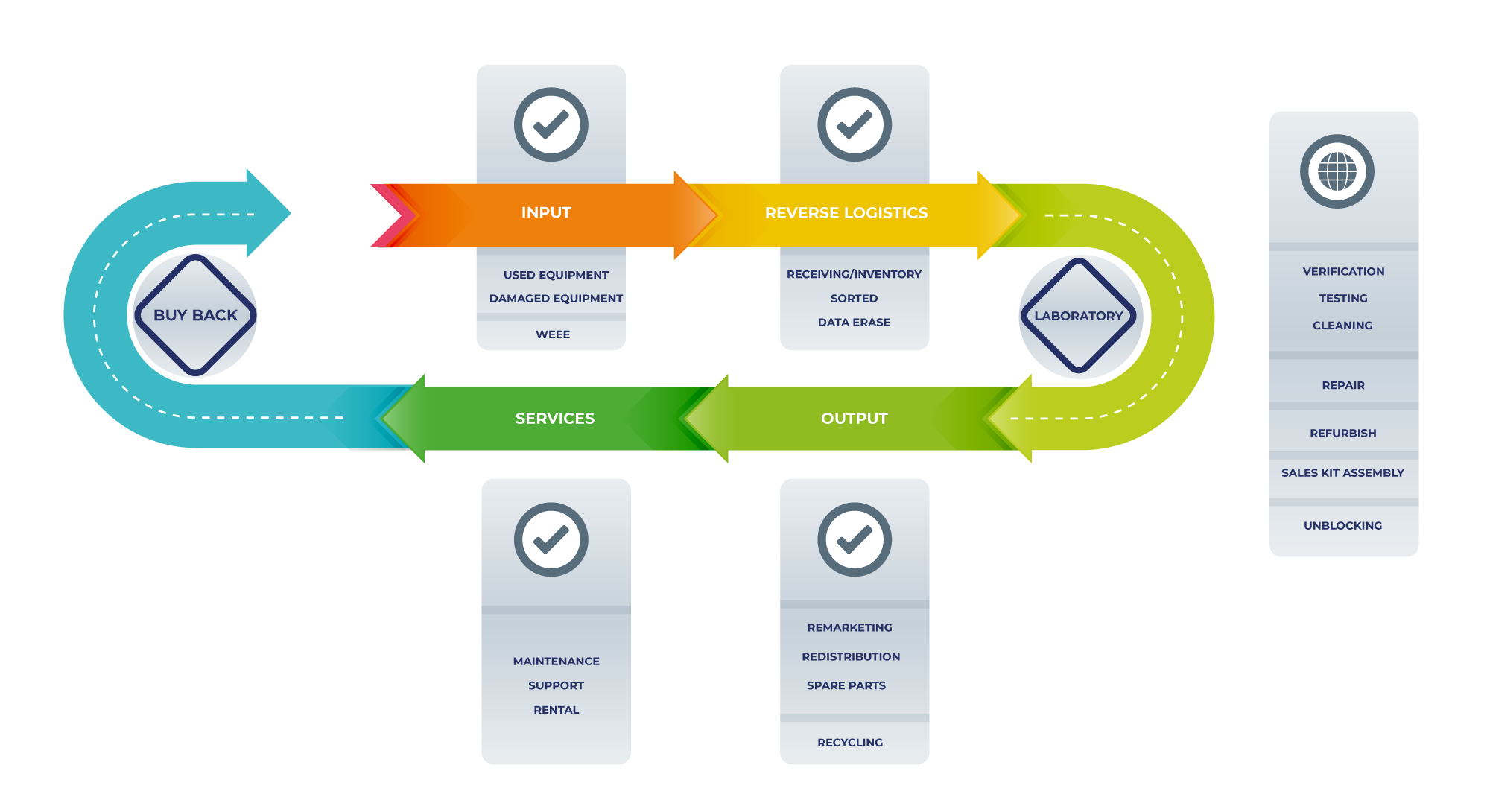
Rethink, Reimagine, Retech.
To offer quality circular technology products and services enables us to fulfil financial objectives without overlooking the sustainable approach.
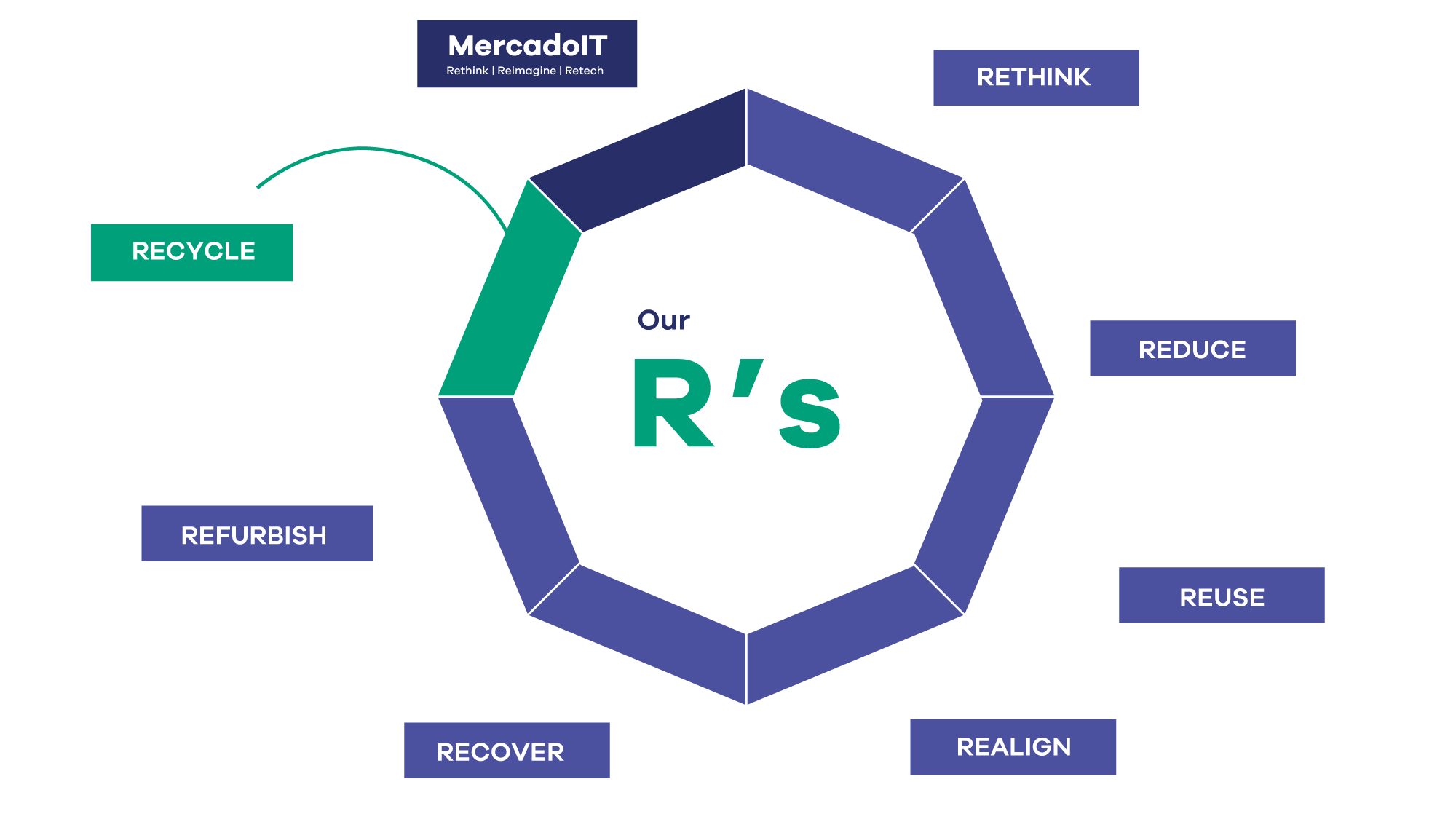
WHAT WE HAVE DONE / CONSIDERED
Some milestones 2020-2022
In just two years, and in a thousand sustainable interventions, we managed to handle over 28k hardware set ups, and reduced more than 150 tons of materials produced and/or disposed of in landfills.
-Marketing
-Reuse
-Refurbishment
-Maintenance
-Recycling
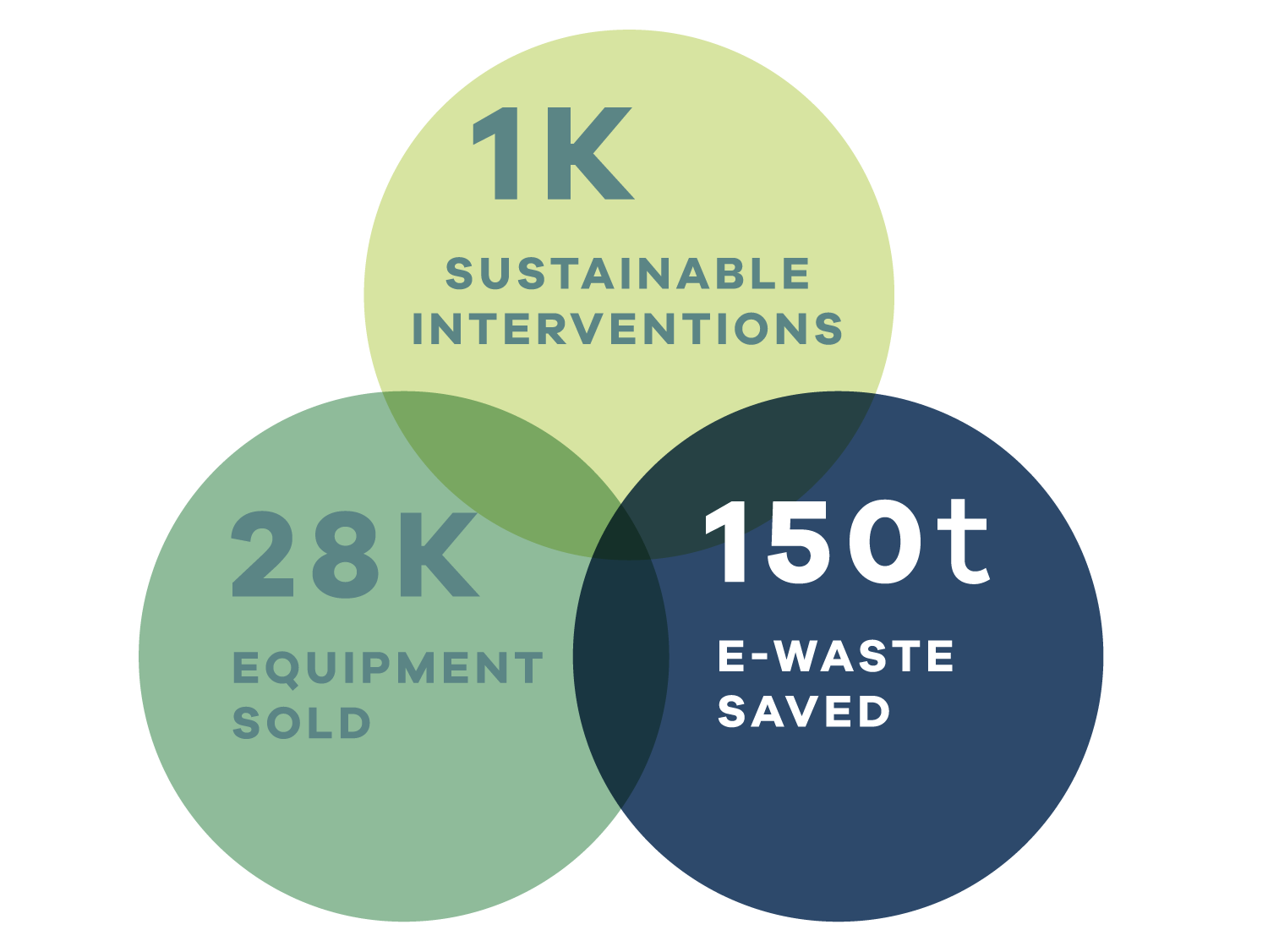
Continual improvement and sustainability
We want to keep working to make a positive impact, and also to improve our clients’ financial results. To do so, we have created specific departments and set some ambitious objectives on sustainability for the years to come.
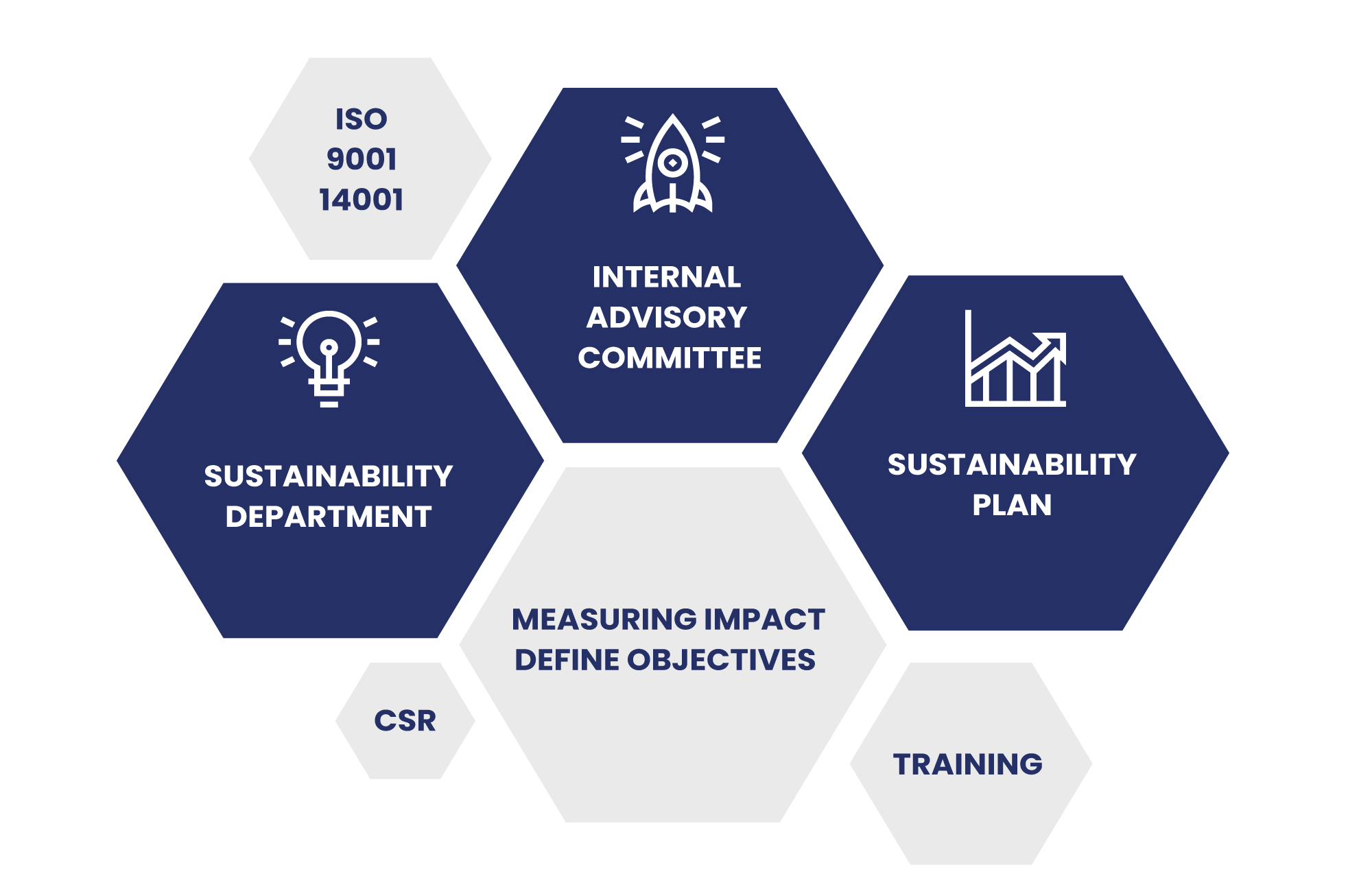
Net-Zero 2030
We try to calculate, reduce and compensate our carbon footprint.
Efficiency
From our clients (e-waste), and ours (energy and journeys).
Code of ethics processes
Health in the workplace and better working conditions.
Continual training
Training for the whole team in order to attain the SDGs.
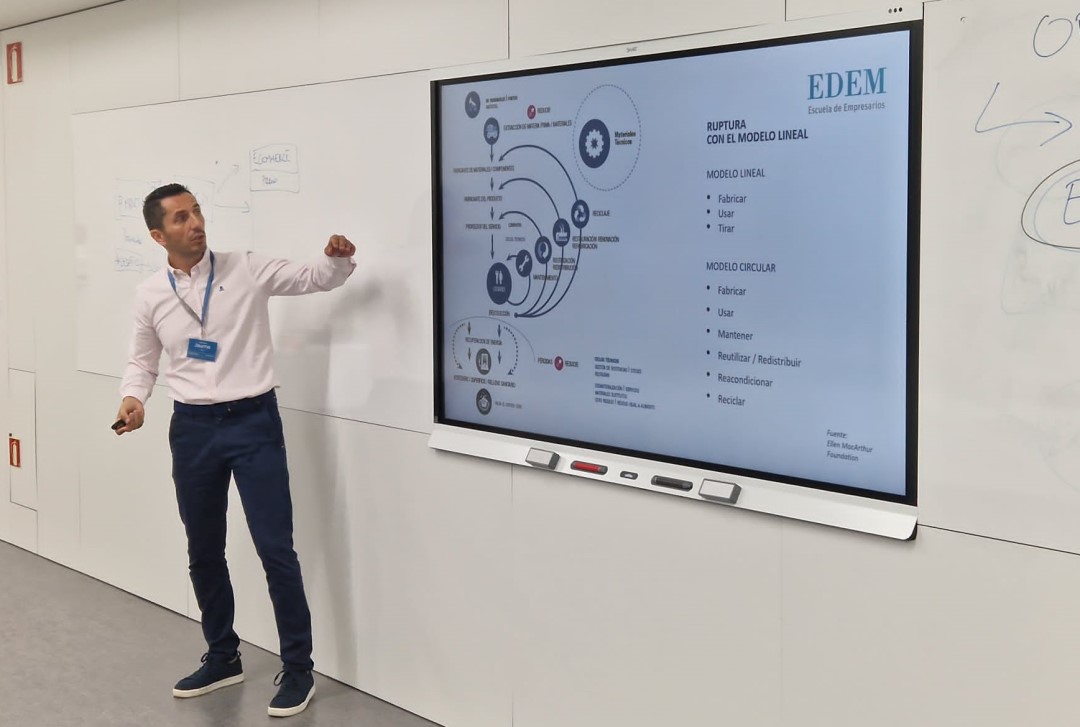
Internal/external training
A key part of our approach in matters of sustainability is to work on continual training both internally and externally. The EDEM Business School recently counted on us in the 1st edition of the Sustainable Business Programme. We could explain our business model and how we help entrepreneurs, business owners and executives make their project more profitable and sustainable due to professional, refurbished technology.
Beyond CSR
We put our know how to the service of positive impact, both in our community, and in vulnerable groups. In our Corporate Social Responsibility actions, we mainly work on four areas.
Reduction of negative impact technology:
Care for the environment, e-waste reduction, manufacturing...
Democratization of technology:
To provide a new business model, quality employees and access to professional technology.
The digital divide:
To provide equipment and quality training for vulnerable groups.
Women in STEM:
To support women's research and education in science and technology.
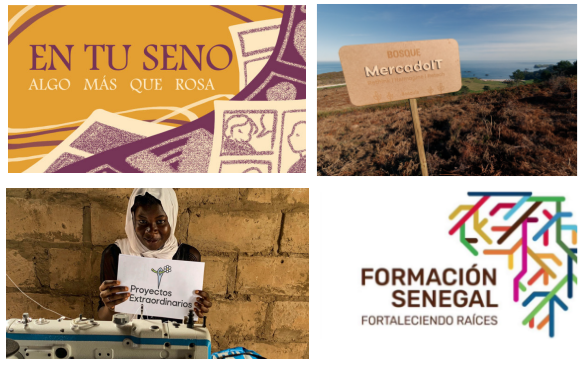
SAVE UP TO 90%. Contáctanos




